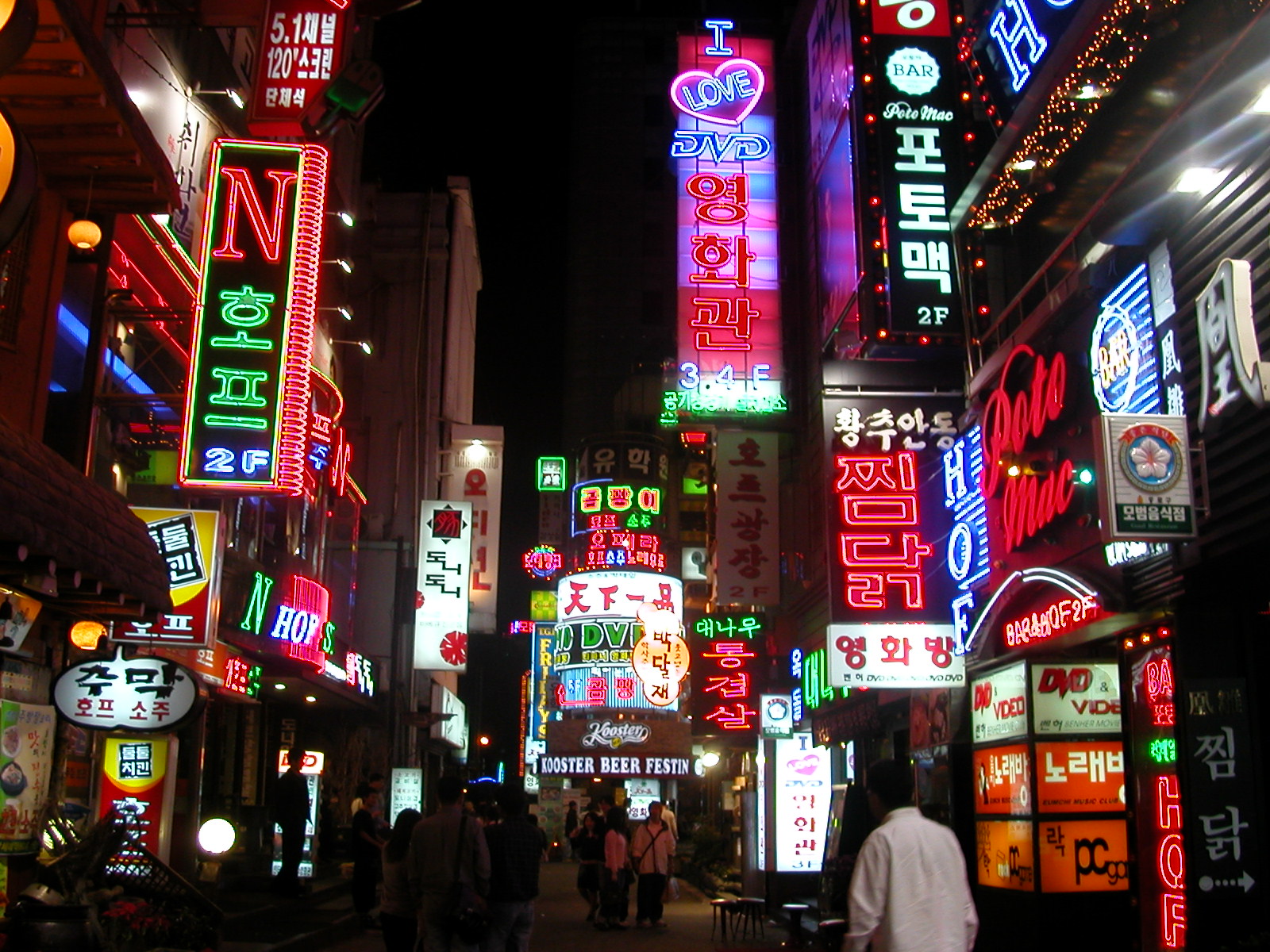In a park in Eilat, I meet Jacob, a young man originally from Johannesburg, South Africa, and now living in this area. Jacob arrived in Israel five years ago, at the age of 26.
Jacob’s Story
Prior to his aliyah, Jacob spent his youth in the Johannesburg suburbs, where he was raised by his parents, along with three siblings. The neighborhood in which he grew up was filled with successful Jewish professionals, many of whom were active in the Jewish community. Jacob attended law school after college graduation and originally planned to practice law in Johannesburg.
“But I was raised to think of Israel as my Jewish homeland,” Jacob notes. “As I reached a point in life where I would settle down in a profession and raise my own family, I decided that my place was here.” He gestures around him. He describes his appreciation that he doesn’t have to “worry about being Jewish” because everyone around him is as well. When asked if anti-Semitism had been a problem for him before, he replies, “Not really. But I very much felt like a minority in South Africa, not just as a white citizen, but a Jew.”
Jews in South Africa
Most Jewish settlers in South Africa hailed from Great Britain, Germany, and Eastern Europe (predominantly the Baltics and Russia). Originally drawn to South Africa’s gold fields, they stayed to establish one of the world’s most stable Jewish communities.
Approximately 70,000 individuals make up today’s South African Jewish community, with 50,000 residing in Johannesburg. It is home to one of the larger Orthodox communities in the world, with around 80% of Jewish citizens describing themselves as Orthodox, and its rate of intermarriage is below 10%. Jews in South Africa today have influential roles in politics and commerce. The chief rabbi’s “Bill of Responsibilities,” for example, has been incorporated nationwide in the school curriculum, and Orthodox groups work on projects such as crime reduction and educational reform. Religious centers abound in the Johannesburg area, along with several synagogues and Jewish institutions, including a Jewish library and museum.
While anti-Semitism does exist, it is described as occurring more in “pockets” rather than being systemic, and overt anti-Semitic actions are few.
But despite Jews’ relative comfort in South Africa, its population is gradually eroding due to emigration, primarily to Israel, Australia, the United States, and Canada. The population reached a peak of around 120,000 during the 1970s, but at least 1,800 Jews have left the country annually in recent decades. Reasons cited have ranged from economic concerns to the high crime rate. The loss has been felt most among young professionals, ages 18 to 44, who can achieve greater professional success abroad. In recent years, concerns about South Africa’s alarming crime rate have greatly affected many individuals’ decisions to relocate. Today, the country has the unfortunate distinction of being the murder capital of the world. Over one third of those who have left South Africa in recent years made the move to Israel.
South African Jews in Israel Today
The immigrant experience of many South Africans in Israel has been facilitated through the work of Telfed, the South African Zionist Federation established over 60 years ago. It takes immigrants through professional pre-aliyah, initial absorption, and assistance with housing, social services, and financial assistance. In Jacob’s case, they provided assistance in locating housing. With a freshly minted law degree in hand, Jacob soon found work in an Eilat-area legal firm, where his specialty now is real estate law.
Over 25,000 Jews from South Africa have arrived in Israel on aliyah. Since their arrival they have established over 30 settlements throughout Israel. Because of their educational and professional backgrounds, they are among the elite of Jewish immigrants today. A certain prestige factor is associated with the fact that most South Africans came to Israel for cultural and religious reasons, rather than those due to socio-economic or political factors.
As Jacob summarizes, “I didn’t come to Israel to escape problems. I came here to claim my heritage.”



